Tag: tech liberty

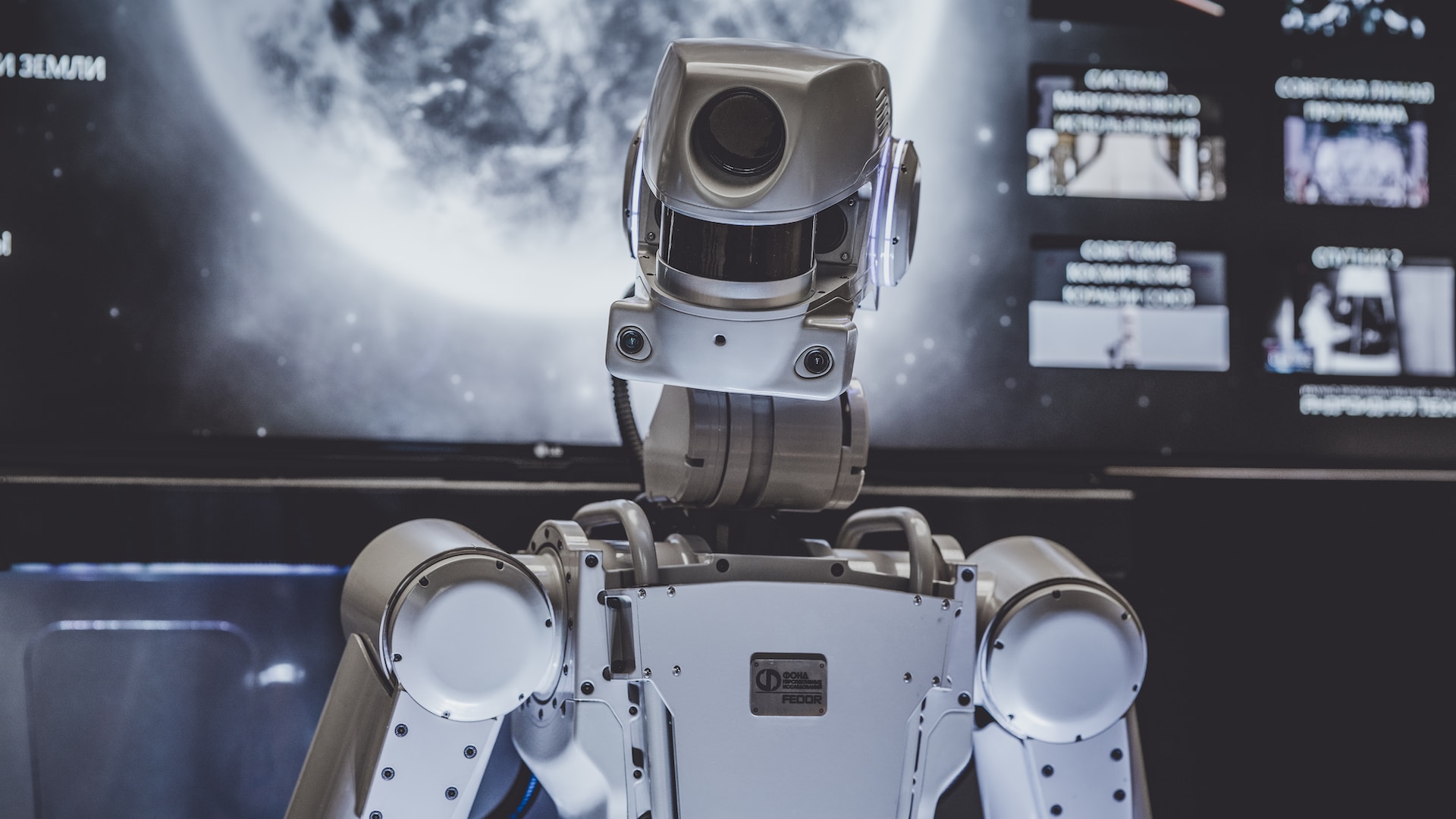
AI isn’t going to leave you unemployed
January 22, 2024 | Post
From automated factory assembly lines to helping you cheat on your college term paper, AI is doing things today that were barely imagined only a few short years ago. As such, you might be wondering, “is my job at risk of being taken over by robots?” or “will we all end up unemployed?”
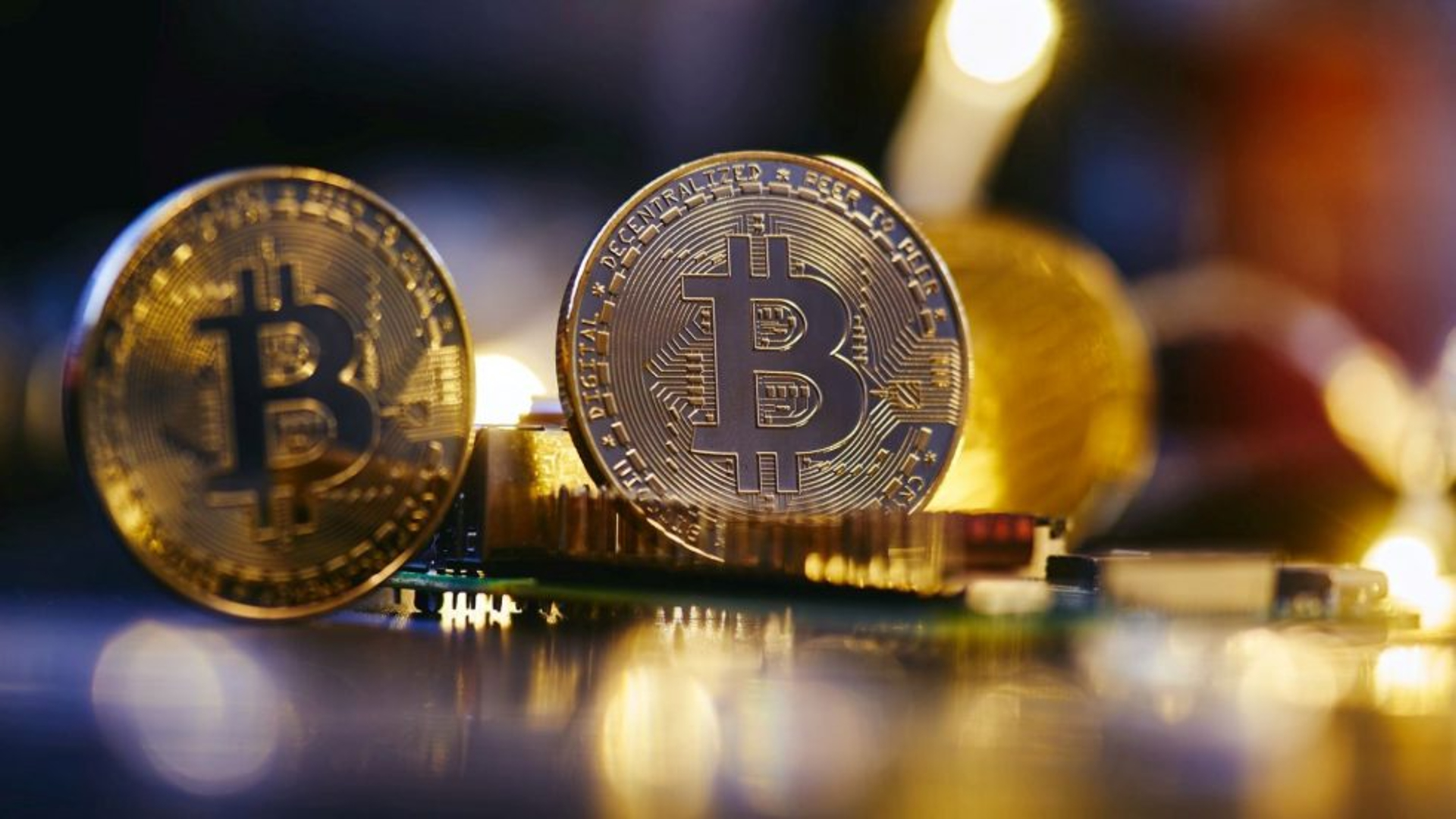
What makes Bitcoin such a revolutionary concept?
January 3, 2024 | Post
In the 15 years since the Genesis Block, the first set of 50 BTCs, was mined in January 2009, Bitcoin’s profile and impact on the global economy has increased exponentially. Hundreds of millions of people around the world have begun to recognize the merits of the truly revolutionary concept of a decentralized peer-to-peer currency.

Despite regulatory barriers, 3D-printed houses can revolutionize the construction industry
December 20, 2023 | Post
What if we could revolutionize transportation to make it not only faster but also more sustainable? What if we could create educational systems that are not only more accessible but also tailored to individual learning needs?
Or, how about building new homes in a matter of days, at a fraction of the cost?
ICON Technologies is able to do just that — if not for regulatory barriers.
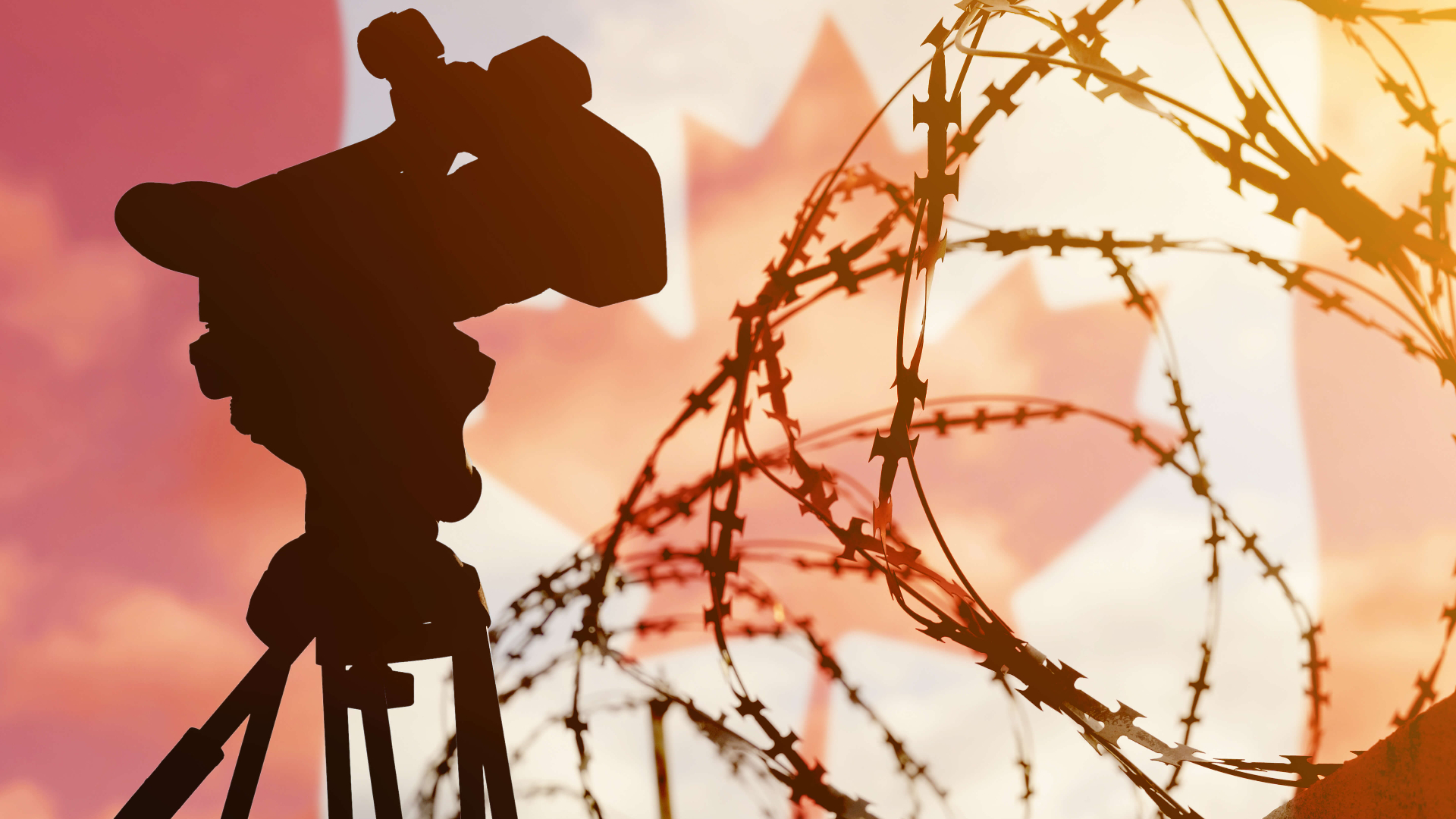
Bill C-11: how Canada’s algorithm power play stifles free speech online
September 26, 2023 | Post
For the Canadian Government, Bill C-11 heralds a fresh avenue for regulation and control. It is a mechanism for both reprimanding adversaries and rewarding lobbyists. Naturally, this government dominance over media comes at the cost of freedom and diversity of content online. Here’s what’s at stake…
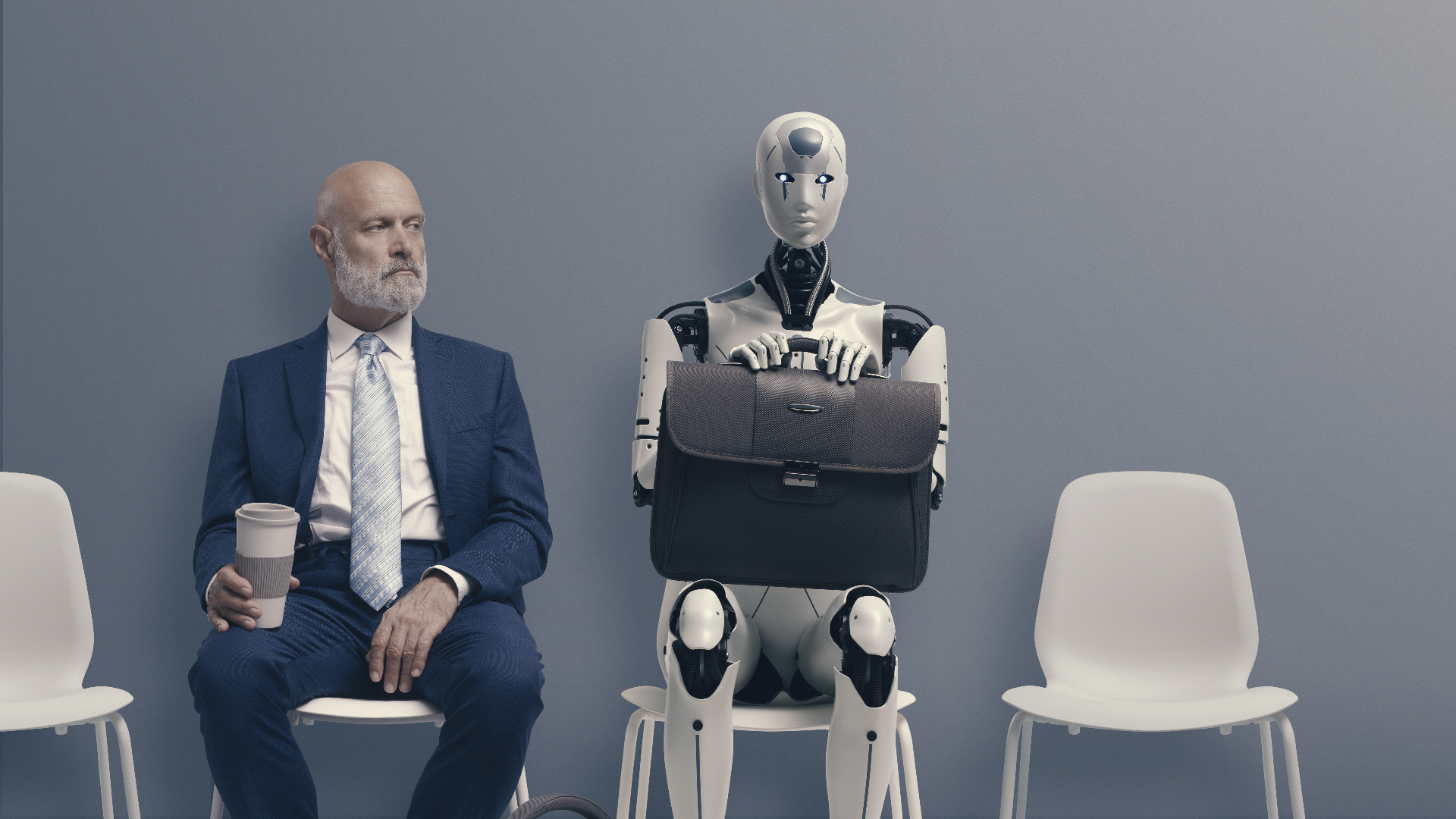
AI, automation, and the future of work: Navigating, automating, and … terminating?
August 7, 2023 | Post
Welcome to a world where AI and automation helps to transform the job market in ways we never imagined, and maybe, just maybe, makes us laugh along the way (we’ll get to that part).

Bill C-18: social media no longer a home for news in Canada
August 3, 2023 | Post
Under the guise of supporting local news outlets in Canada, Bill C-18 aims to censor all news outlets on social media platforms unless their companies offer compensation to Canadian news outlets for the news they provide.
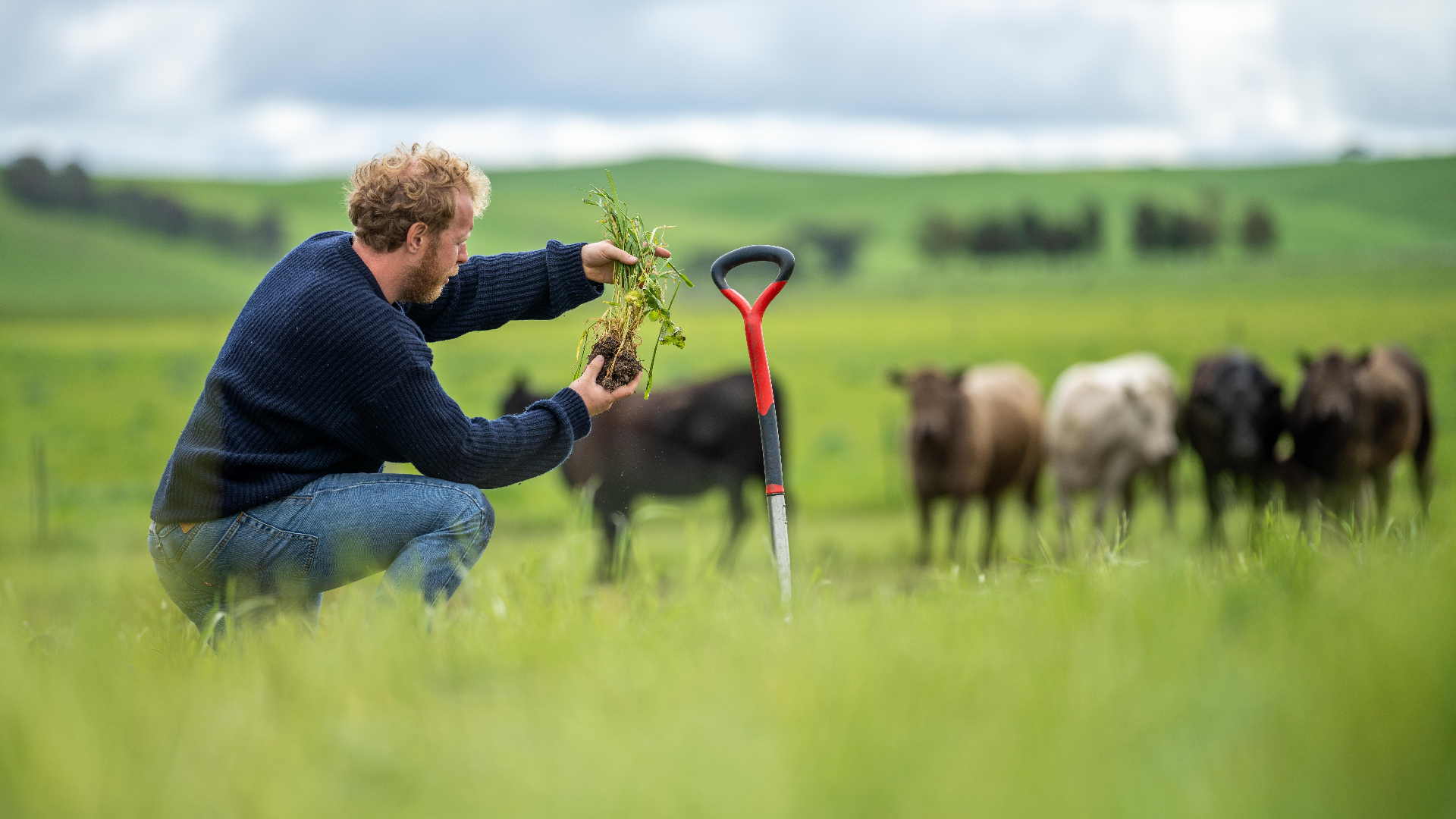
How sustainable farming is paying off for Australian farmers
April 24, 2023 | Post
Tired of riding the fortunes of the weather, Australian farmers are increasingly turning to regenerative agriculture to sustain their land during periods of drought.

Why innovation is the solution to the carbon crisis
April 3, 2023 | Post
The distinctly human capacity for innovation has reduced hunger and poverty, and greatly expanded our life expectancies since the Industrial Revolution. Many industries may have contributed to the carbon crisis, but a new industry will be what solves it.
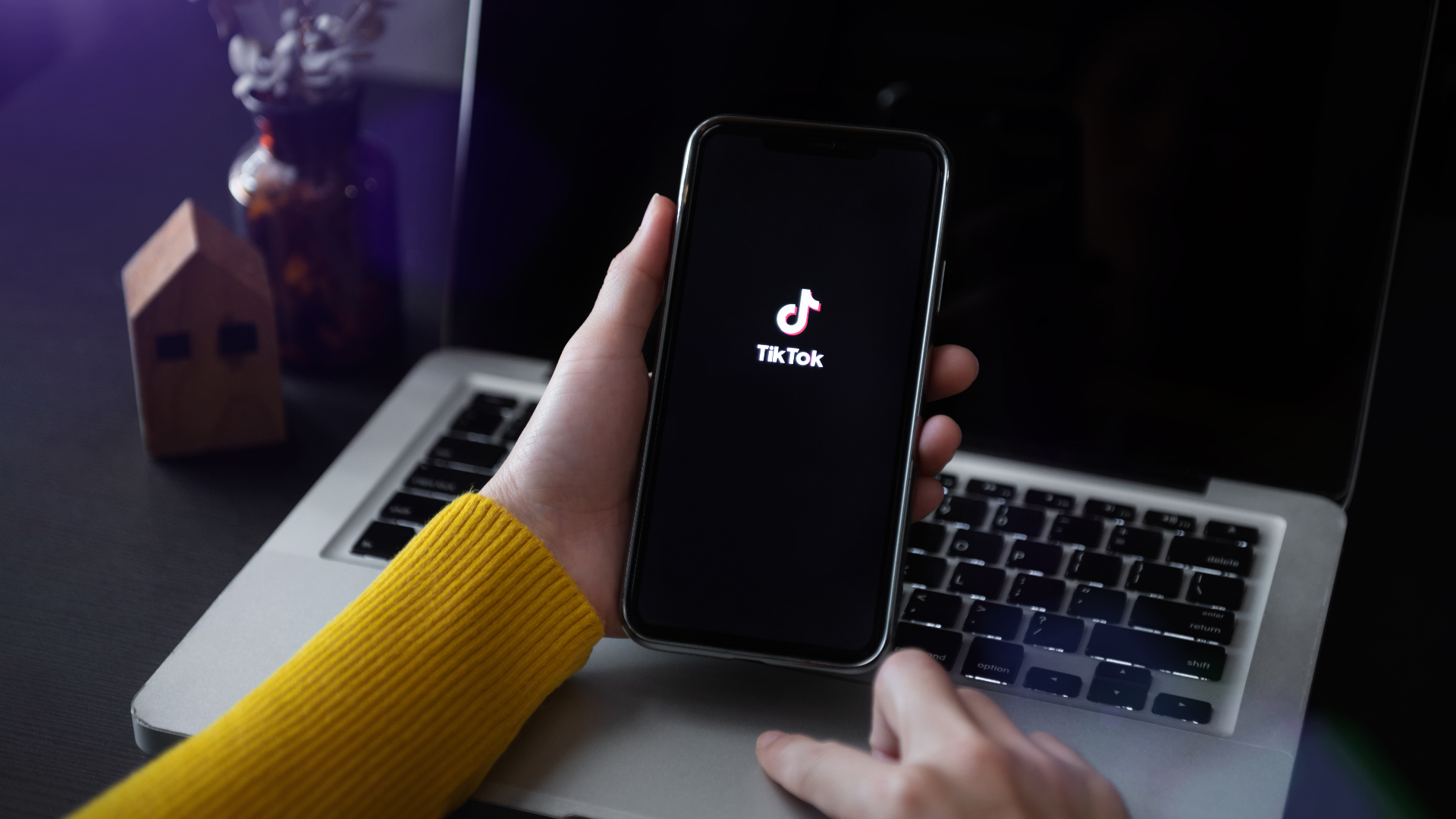
The TikTok dilemma: privacy risks vs the importance of free choice
March 30, 2023 | Post
TikTok has been under intense scrutiny for its data collection and sharing practices, with concerns raised about the platform’s relationship with the Chinese government and its potential for mass surveillance of Americans. But should it be banned?
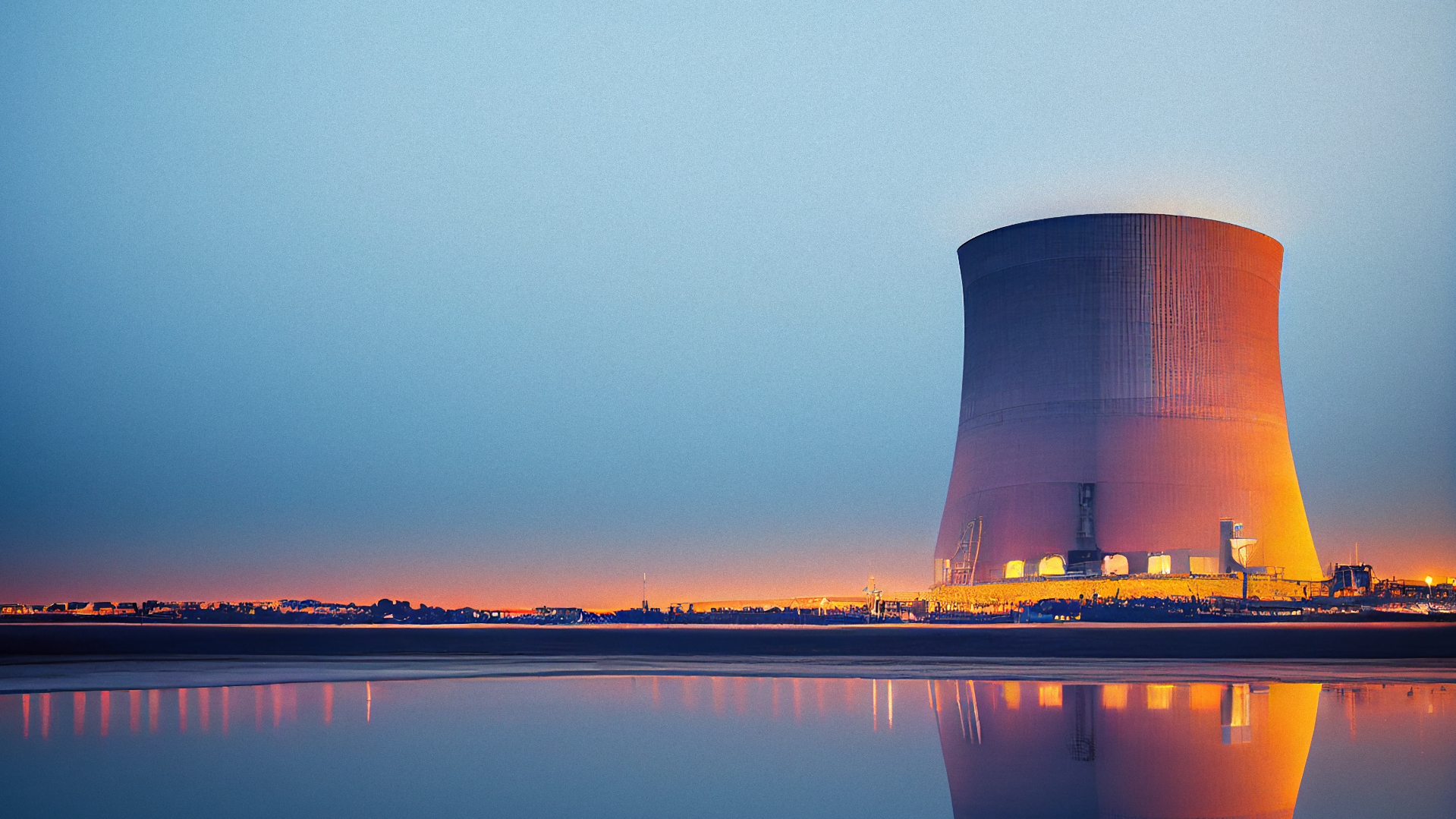
Out with the coal, in with the nuclear
March 15, 2023 | Post
Despite the economic challenges involved, nuclear power is our best chance of walking that tightrope that allows us to manage both economic and industrial concerns while decarbonizing. Is that not the objective we are all striving for?

Don’t believe the hype, Bitcoin is not anti-environment
January 4, 2023 | Post
Bitcoin, an innovative, decentralized digital currency, faces significant criticism over its perceived negative environmental impact. However, it is no enemy of the environment. Here’s how it can be part of the future of clean energy…

Is AI our generation’s nuclear fission?
December 20, 2022 | Post
Developments in AI, such as the recent creation of ChatGPT, can be seen as world-changing in ways that should not be taken lightly. However, it clearly has immense potential for humanity, so long as we choose the right path. What are the parallels between the advent of nuclear fission and the rise of AI?

Would the American Innovation and Choice Online Act enhance economic freedom?
August 18, 2022 | Post
There are good reasons to believe that the AICOA would not enhance economic freedom nor improve overall welfare. This is a problem, not because big tech needs more defenders, but because it would stifle competition and economic freedom.

